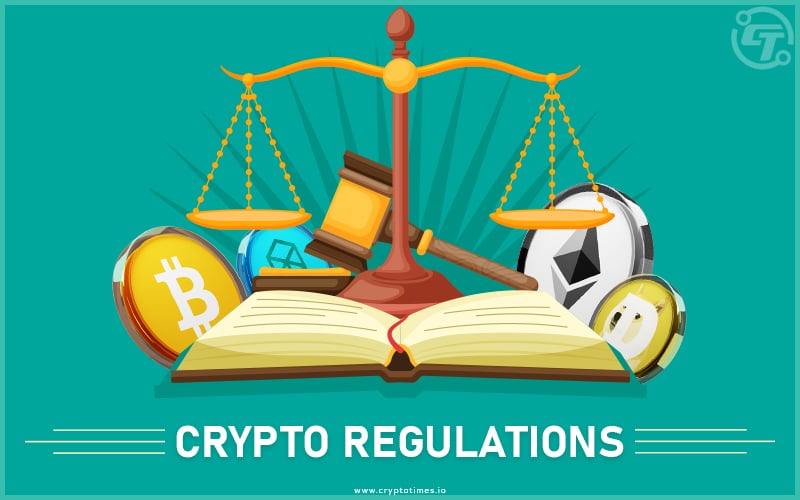Crypto regulation has the potential to bring numerous benefits to the crypto industry in the long run. While the concept of regulation may be viewed with skepticism by some crypto enthusiasts who value decentralization and autonomy, it is important to recognize the positive impact that well-designed regulations can have on the industry as a whole.
In this article, we will explore the ways in which crypto regulation can foster growth, legitimacy, stability, and innovation within the crypto ecosystem.
1. Enhanced Legitimacy and Trust:
Clear and well-defined regulations can establish a sense of legitimacy and trust in the crypto industry. By providing guidelines and rules for crypto businesses and investors, regulation helps create a transparent and accountable market. This, in turn, can instill confidence in potential investors, who are more likely to participate in and invest in cryptocurrencies when they have faith in the regulated market.
2. Investor Protection:
One of the primary benefits of crypto regulation is the protection it offers investors. Regulations can help safeguard against fraudulent activities, scams, and market manipulation by implementing measures such as disclosure requirements, Know Your Customer (KYC) procedures, and anti-money laundering regulations. By providing a secure environment, regulation reduces the risk of financial loss, protects investors’ interests, and promotes market integrity.
3. Market Stability:
Volatility and instability have often plagued the crypto market. However, through well-crafted regulations, these issues can be mitigated. Regulatory oversight can address concerns such as market manipulation, insider trading, and excessive speculation, which contribute to market instability. By establishing mechanisms to monitor and enforce compliance, regulators can promote a more stable and sustainable crypto market, attracting a wider range of investors and fostering long-term growth.
4. Clarity and Certainty:
Regulation brings clarity and certainty to the crypto industry. By defining rules and requirements, regulations provide businesses and individuals with a clear understanding of their obligations. This clarity reduces uncertainty and ambiguity, enabling businesses to operate with confidence and individuals to make informed decisions about their involvement in the crypto space. Moreover, clear regulations also facilitate legal compliance and deter illicit activities, making the industry more transparent and accountable.
5. Access to Traditional Financial Services:
Crypto regulation can open doors for crypto businesses to access traditional financial services. Financial institutions have often been hesitant to engage with the crypto industry due to regulatory concerns and risks. However, with clear regulations in place, banks and other financial institutions may be more inclined to provide services to compliant crypto businesses. This increased access to banking, lending, and payment processing services can drive a broader adoption of cryptocurrencies and their integration into the traditional financial system.
6. Encouragement of Innovation and Development:
While regulation introduces certain constraints, it can also foster innovation and development within the crypto industry. By providing a framework that protects consumers and encourages responsible business practices, regulation can attract institutional investors and large corporations. This influx of resources and expertise can drive technological advancements, research, and development, leading to the creation of new products, services, and infrastructure within the crypto ecosystem.
7. International Cooperation and Harmonization:
Cryptocurrency regulation can facilitate international cooperation and the harmonization of rules and standards. As cryptocurrencies operate across borders, inconsistent or conflicting regulations can create challenges for businesses and hinder industry growth. By working together to establish common regulatory frameworks, countries can reduce regulatory fragmentation, promote cross-border transactions, and create a more globally connected crypto ecosystem.
Conclusion:
In conclusion, crypto regulation can bring numerous long-term benefits to the crypto industry. By enhancing legitimacy, protecting investors, promoting market stability, providing clarity, facilitating access to financial services, encouraging innovation, and fostering international cooperation, regulation can create a robust and thriving crypto ecosystem.
While finding the right balance between regulation and innovation is crucial, well-designed regulations have the potential to unlock the true potential of cryptocurrencies and establish them as a legitimate and mainstream asset class.







